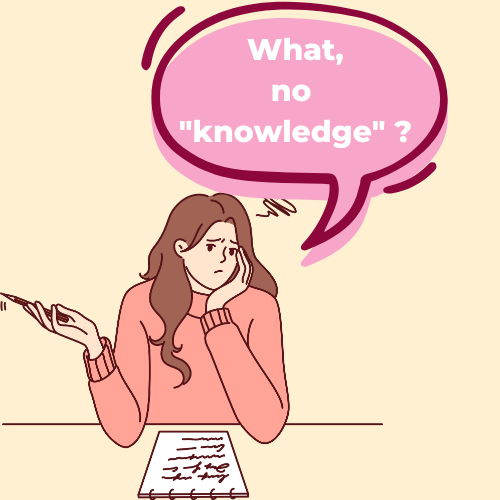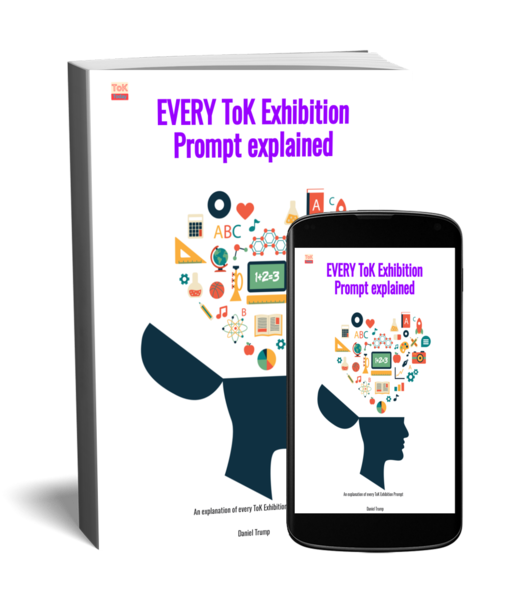Basic ToK Exhibition Mistakes
I have been helping students from around the world with their ToK Exhibition Commentaries, here are 4 (very) Basic Mistakes that I see in a few ToK Commentaries:
Basic Mistake #1 : Insufficient Theory of Knowledge content.
ToK is about Knowledge. Write about Knowledge. The word “knowledge” should appear frequently in your commentary. I know it sounds super obvious but I do see commentaries that don't have the word ”knowledge” in them, it's very unlikely that you're writing about knowledge if you're not using the word knowledge.
Basic Mistake #2: Not answering the prompt
Some commentaries that do not address the prompt. These are commentaries that just ignore the question, or they treat the prompt as a stimulus for creative writing. A few common examples are: commentaries for the prompt “How can we distinguish between knowledge, belief & opinion ?” often just define knowledge, belief and opinion. That’s not the question, the question is how can we distinguish between the 3 concepts i.e. how can we determine the differences? It requires comparative writing not descriptive writing.
Basic Mistake #3: Changing the wording of the prompt.
The third mistake that I sometimes see is that the student has changed the wording of the prompt.
You must answer the prompt as written by IB. Don’t change the wording of the prompt.
For example, commentaries responding to the Prompt: “Are some types of knowledge more useful than others ?” often rewrite it as “Are some types of knowledge more important than others ?”, and students responding to the prompt “what makes a good explanation ?” describe good and bad explanations without focussing on what characteristics make them good & bad explanations.
Basic Mistake #4: Changing the meaning of the prompt.
The final mistake that I sometimes see is where the student has changed the meaning of the prompt. For example students answering the Prompt: “Why do we seek knowledge ?” sometimes respond to “How do we seek knowledge ?”. Another example is students responding to the prompt “Should some knowledge not be sought on ethical grounds?” change the meaning to “When can we justify seeking knowledge unethically ?”
There’s a difference, it’s a subtle difference, but it’s a difference all the same,
If you want more help with your Exhibition we have lots of other resources available, including the very popular ebook Every ToK Exhibition Prompt Explained.
Click here for more ToK Exhibition Resources.
In the next blog in this series we will look at how to link the objects with the prompt.


